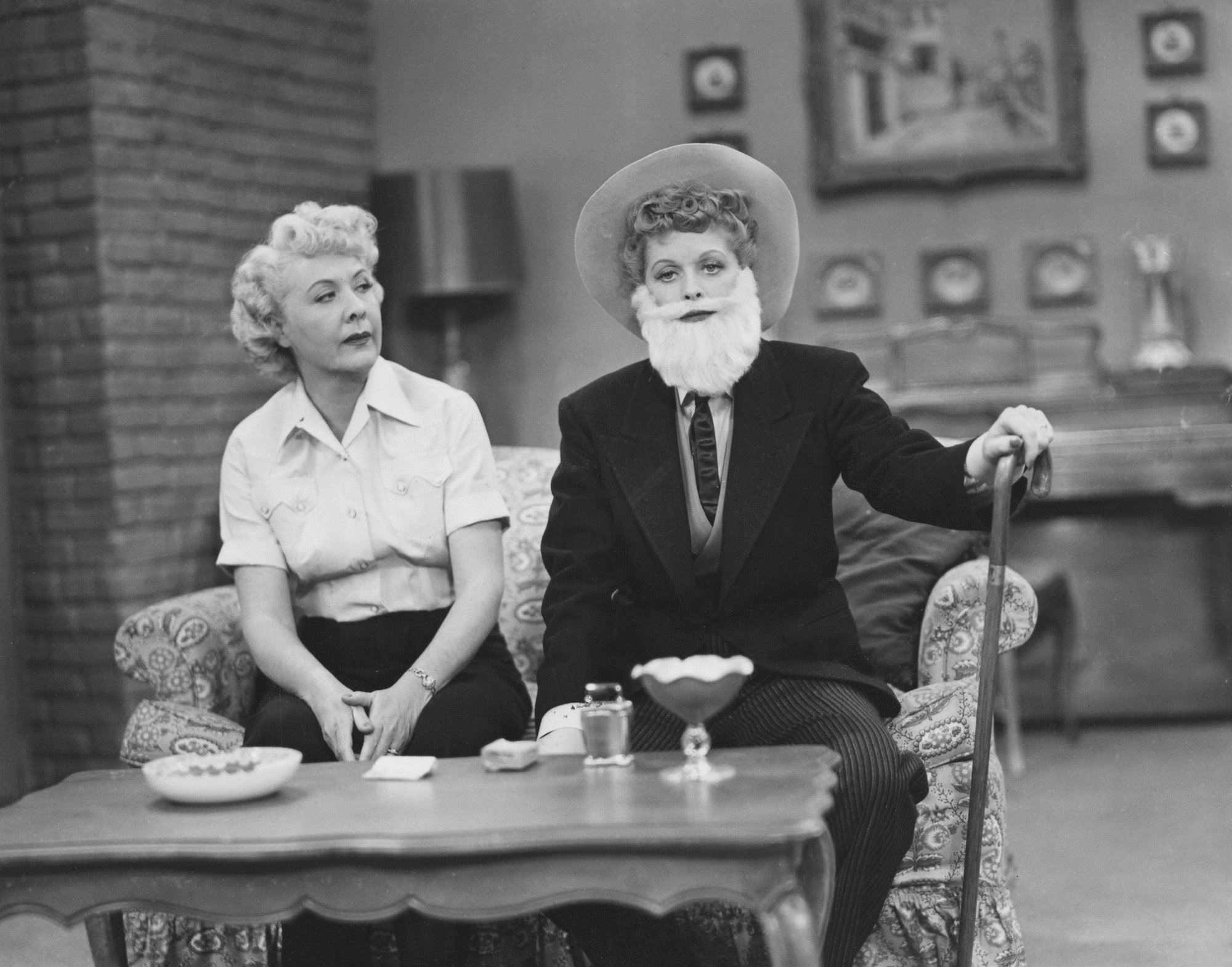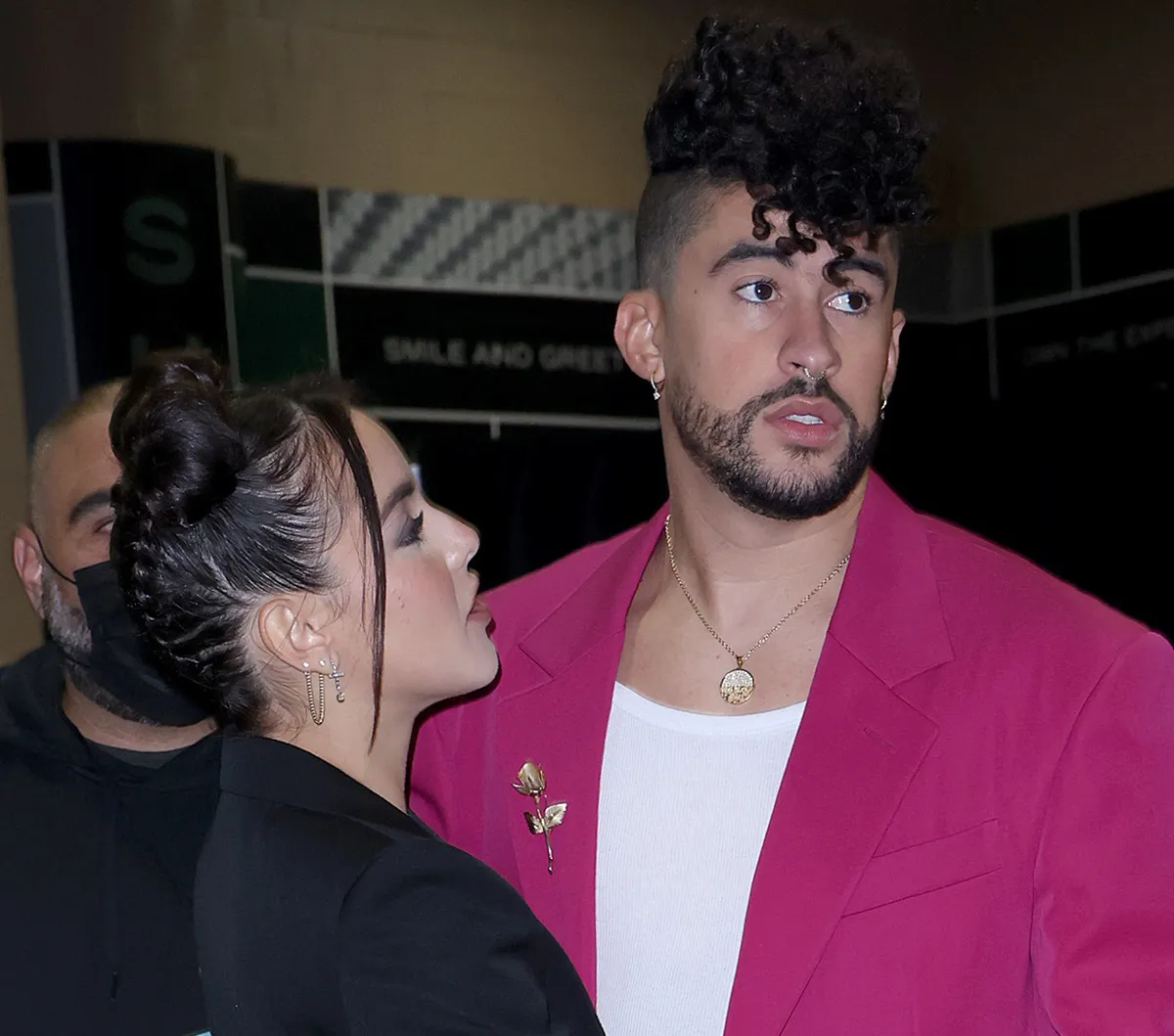‘I Love Lucy’: Lucille Ball’s Role Was Groundbreaking for Breaking Ageist Boundaries
Plenty of classic TV shows don’t hold up by today’s standards. On the other hand, many shows that are now decades old attract new fans through their timeless portrayal of situations that still ring true. One thing contemporary viewers of older TV shows likely miss, though, is the subtle progressiveness of many groundbreaking roles. Lucille Ball’s work in I Love Lucy is a prime example of how something that seems innocuous to today’s viewers was pushing the envelope in its own time.
I Love Lucy is a progressive show in many ways, and even Ball’s age made her portrayal of the title character noteworthy.
Lucille Ball had a long career as an actor

These days, Lucille Ball is most associated with her work in comedy, but the star had a long career in the entertainment industry before she captured the hearts of television fans on I Love Lucy.
According to PBS, Ball first worked as a model in New York City before trekking across the country to give Hollywood a try. There, she found work as a showgirl and eventually began acting. According to IMDb, she had dozens of uncredited appearances, mostly as a showgirl, in films throughout the 1930s. It wasn’t until the 1940s that she started consistently getting credited work in romances like Lover Come Back and dramas like Easy Living.
Not until the 1951 premiere of I Love Lucy did Lucille Ball’s fame really begin to grow. And just two years later, she caught the attention of the House Un-American Activities Committee. Back in 1936, Ball had registered to vote as a Communist. She explained to the committee that the act was only to appease her grandfather and that she never participated in the Communist Party, but it was enough to keep her on the FBI’s radar for years.
‘I Love Lucy’ had ties in Lucille Ball’s real life
Fans forgave Ball her earlier Communist designation, and her star was on the rise. The series starred Ball as Lucy Ricardo, the wife of a Cuban bandleader, Ricky Ricardo, who was desperate for fame. Much of the comedy centers on Lucy’s clumsiness and her friendship with her neighbor Ethel. Together, the two find themselves in hilarious predicaments, much to the chagrin of their husbands.
Ball’s real-life husband, Desi Arnaz, played Ricky Ricardo. They eloped in 1940, the same year they met. The two had a passionate relationship, but their marriage hit a rough patch. In 1944, Ball filed for divorce; however, they reconciled before it was finalized. Determined to work on their marriage, which had been strained by time apart, Ball insisted Arnaz be cast as her on-screen husband so they could spend every day together.
Unfortunately, that attempt fizzled. The pair divorced in 1960 after 20 years of marriage and two children. By then, America had fallen in love with their fictional portrayal, but the real-life version of events had Ball charging Arnaz with “extreme cruelty.”
‘I Love Lucy’ was a groundbreaking show
I Love Lucy was groundbreaking in many ways. It featured one of the earliest on-screen portrayals of interracial marriage and also pushed the envelope for portraying pregnancy. Critics and fans alike were taken by Ball’s comedic performance. Kathleen Brady, the author of a biography about Ball, explained to PBS, “There were some serious people who thought that Lucy demeaned women because she was a dingbat housewife constantly being thwarted by her sensible husband. But if we are going to be serious, to me, the underlying theme of that show is the eternal power struggle between the trickster and the powers-that-be. Lucy Ricardo was one of the first female tricksters.”
I Love Lucy was groundbreaking in another way, according to Collider. Lucille Ball was 40 years old when the show premiered, putting her squarely in the “too old” category for most leading ladies of the time. On top of that, Arnaz was six years younger than Ball, and the pairing of an older woman with a younger man was considered taboo. But Ball was never one to shy away from a controversial portrayal. The show’s enduring legacy proves her fearlessness paid off.


